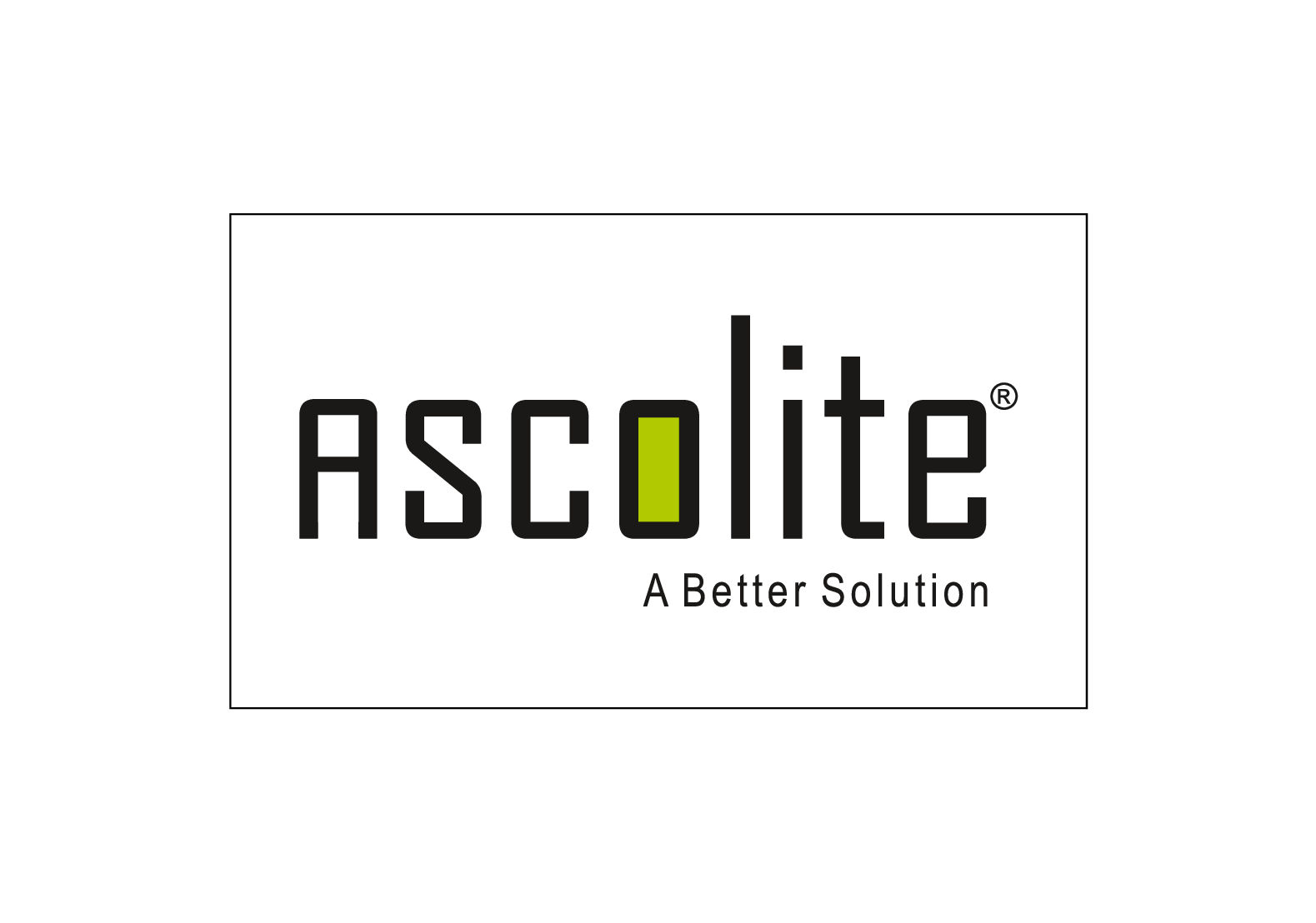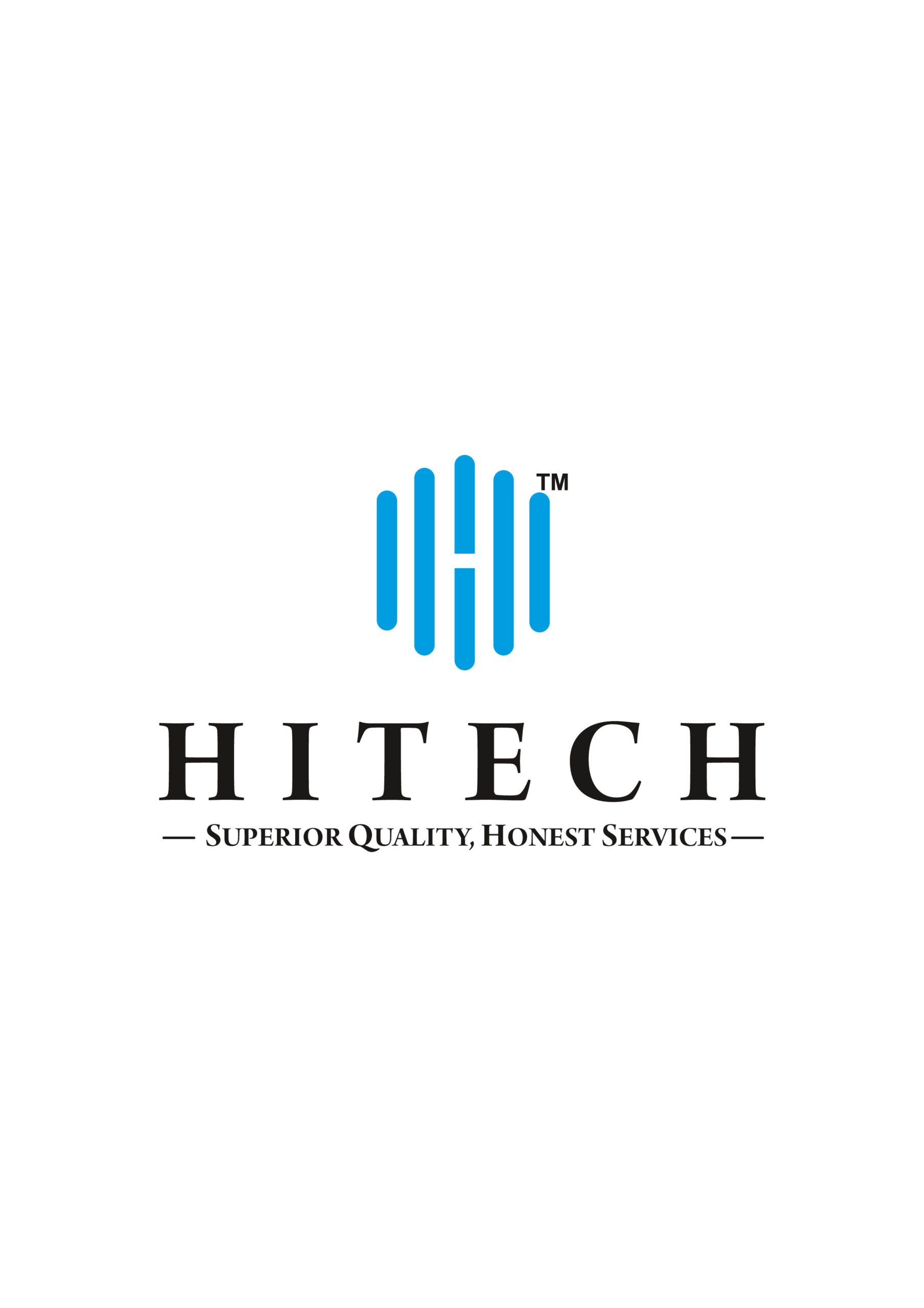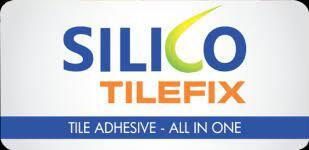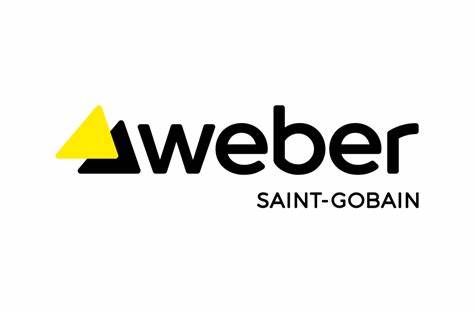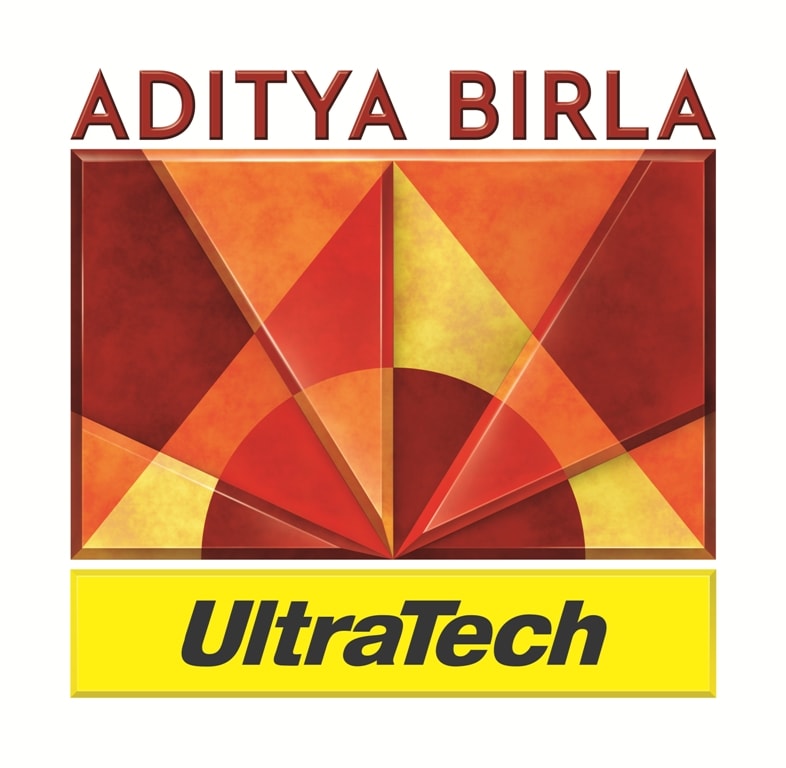Tile Adhesive
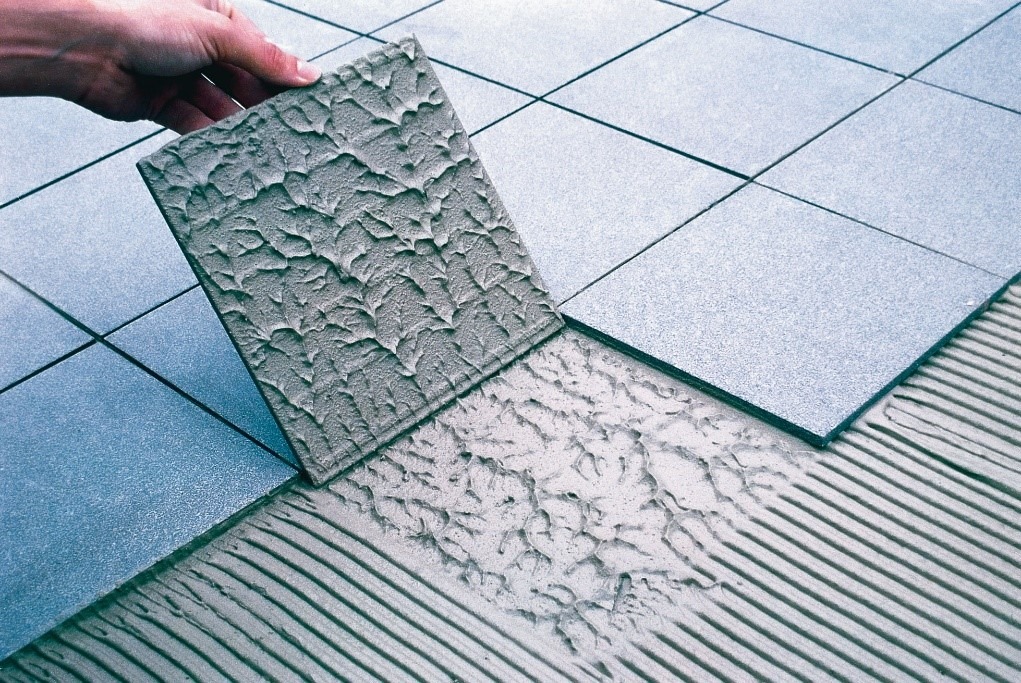
Tile Adhesive is a multi-purpose premix thin-bed self-curing adhesive that may be applied to tiles, marbles, stones, and other materials to fix and unite them. High strength and durability are produced by the material composition, providing the desired adhesion and preventing shrinkage cracks and material slippage.
Tile adhesive, a commercially accessible mixture of Portland cement, polymers, and specific aggregate particles with added additives, improves the quality of bonding the tiles to the surface. It comprises unique compounds that have exceptional adhesive characteristics, minimal shrinking, and improved strength. It may be used in both wet and dry environments and is quite flexible to accommodate thermal and physical motions.
Types of Tile Adhesives
There are five types of Tile Adhesives available based on their application and as per IS 15477:2019. Classified as Type 1, Type 2, Type 3, Type 4, and Type 5, they are defined and distinguished based on the following three aspects:
- Chemistry – Dispersion, reactive resin, and cementitious
- Performance – Regular or improved/heavy duty
- Other characteristics – Quick setting, no shrinkage, reduced slip, etc.
Type 1: The majority of cement-based backdrops, such as cement plaster, cement concrete, cement screed, and others, as well as all clay and ceramic (non-vitrified) tiles with small dimensions (= 300 mm x 300 mm), are appropriate for use with tiles that have an apparent porosity of at least 3%.
Type 2: This is appropriate for tiles with an apparent porosity of less than 3 percent and is best suited for vitrified/fully vitrified tiles, glass mosaic tiles, all stones, dense, huge tiles (more than 300 mm × 300 mm), and stones in challenging environments like wet or submerged locations.
Type 3: This is appropriate for exterior walls made of plaster or concrete with tiles. It is made specifically for tiles including ceramic, clay, porcelain, basalt, vitrified, glass mosaic, and any natural stone tiles.
Type 4: This glue is made to be installed on dry wallboard substrates and is suited for use with floor and wall tiles that fall under Type 1, 2, and 3. This is appropriate for all varieties of stones and tiles, with the exception of metal tiles or engineered stones laid on dry wallboard substrates.
Type 5: Any tile kinds, including engineered stones, that need to be laid on glass or metallic surfaces like gridiron, mild steel, stainless steel, aluminum, or copper, etc. are best suited for this.
Brand Associated
